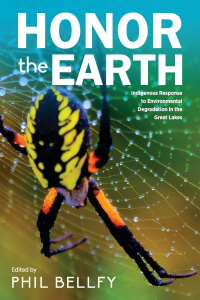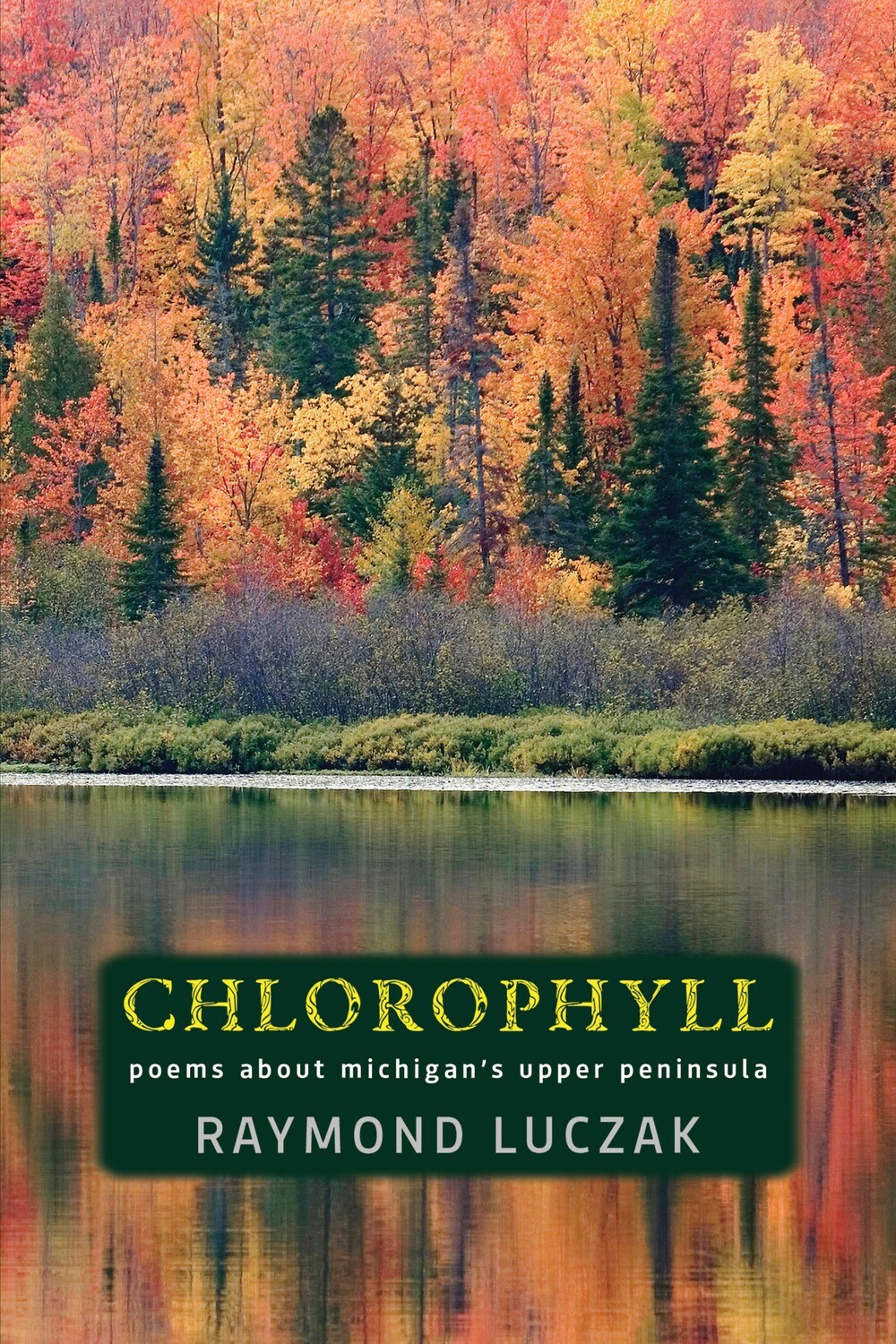Reviewed by Megan Weiss for Reader Views (06/2022)
 Phil Bellfy has collected together numerous insightful, instructive, and magnificently written essays in “Honor the Earth: Indigenous Response to Environmental Degradation in the Great Lakes.” This collection serves multiple purposes: 1. To call direct attention to how western capitalist initiatives have been dooming our planet from the early days of colonization and 2. To highlight how by collaborating with other cultures, populations and entering into constructive discussions about these environmental problems is the only way to come back from the brink of environmental disaster.
Phil Bellfy has collected together numerous insightful, instructive, and magnificently written essays in “Honor the Earth: Indigenous Response to Environmental Degradation in the Great Lakes.” This collection serves multiple purposes: 1. To call direct attention to how western capitalist initiatives have been dooming our planet from the early days of colonization and 2. To highlight how by collaborating with other cultures, populations and entering into constructive discussions about these environmental problems is the only way to come back from the brink of environmental disaster.
“Honor the Earth” has a wide variety of essays covering a range of topics, such as Traditional Knowledge, Indigenous Responsibility, the threats of mining, capitalist schemes, and much more. One powerful aspect of this book is its power. As a non-Native reader, I know I will never be able to truly comprehend how destructive Western colonization and capitalist incentives have been to Native communities, throughout the country, throughout the history of the “New World.” It is not a secret that we are finding ourselves at a dangerous precipice in terms of climate change and environmental health, and we only have ourselves to blame. It was quite eye-opening, and revealing, how this collection of essays managed to both convey the trials and endeavors of Native and rural populations in the Great Lakes Basin and also explain in understandable terms just how and why various choices made by U.S. leaders have had so many consequences.
I think one of the most disturbing, stark realities revealed in “Honor the Earth,” was the effect of mining and pollution of lake waters on surrounding communities. I had never heard of having limits on how much fish someone, such as a pregnant woman or a woman who wished to bear children in the future, could consume as a result of the dangerous toxins that those fish were exposed to, and therefore ingested and became contaminated with. The idea that these communities cannot go through daily life without clean, safe food and even water, in this day and age, is a slapping reminder of how those of more privileged status seem to continually write off the struggles and dangers that those in lower economic classes are being forced to face.
One of the recurring themes throughout the essays in “Honor the Earth” was that despite the fact these Native and rural communities are the ones forced to suffer the consequences of environmental degradation at the hands of greedy capitalist regimes, they are often left out of discussions on how to actually help that same environment. For example, the fact that Native voices only made up a marginal percent of voices allowed to contribute at SOLEC conventions.
If we want to truly try and stop the ecological time bomb that we Westerners have set off, then we have to recognize that we cannot do that without involving those who admittedly know more about the land than we ever will. I remember being first angry, then saddened, at the revelation that even when allowed chances to voice their ideas, these ideas were often scoffed at or received outright hostile responses. I was angry, because it seemed so ridiculous that in this day and age the privileged white majority continues to both intentionally and unintentionally exclude other populations from important discussions, and saddened because even after over 400 years of sharing the same country we still have not made much progress in terms of accepting those with different ideas.
“Honor the Earth” is a hard pill to swallow as a non-Native, white reader, but it is a necessary pill. I cannot contend to understand the nuances of nature and the land around me like Native populations can, because they have poured their blood, sweat and tears into it for tens of thousands of years longer. We cannot contend to understand the traditional ecological knowledge of the Native populations, but we can be allies. “Honor the Earth” is a powerful collection that would be a great addition to the bookshelves of those interested in ecology, anthropology, cultural studies and indigenous studies.
Phil Bellfy
Ziibi Press (2022)
ISBN 978-1615996254






